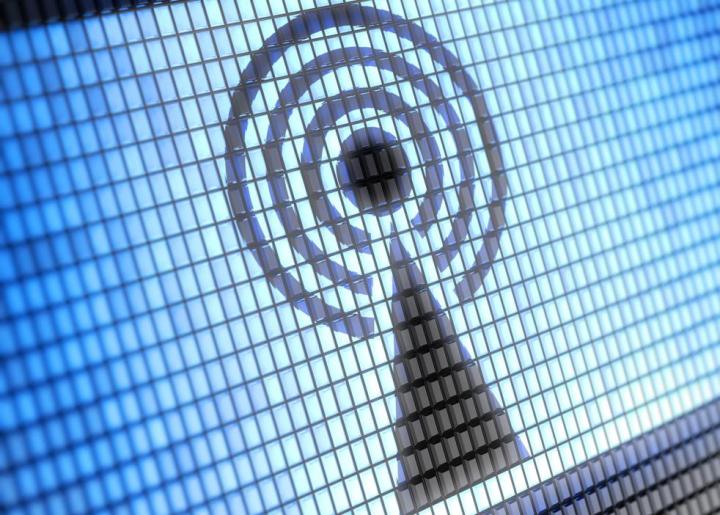
The technology involved is a cell site simulator. The simulator can trick all cell phones in an area into sending identification and location data, just as they would with a normal cell tower. The simulator can capture the cell phone identification data and pinpoint the exact locations of every phone that connects to it.
Cell site simulators are often called Stingrays, after the most well-known line made by Harris Corporation. There is plenty of information available about Stingrays on the internet, but you won’t find any on the Harris website.
Stingrays were originally built for military use. Later, they were employed by federal intelligence and security agencies to track terrorists. The technology was not intended for use by local law enforcement. When federal agencies want to use a cell site simulator, they are now required to obtain a warrant. Warrants weren’t always required.
“As public disclosures about cell site simulators increased in the last year, the Departments of Justice and Homeland Security began requiring their employees for the first time to obtain search warrants before they can use their devices, with some exceptions,” according to the Capital News Service report.
That report said the FBI provides cell site simulators to local law enforcement in select areas. The federal agency stipulates law enforcement cannot disclose their use, but also does not provide guidance on how to use the devices.
The FBI “believes that this technology is a vital tool in homeland security operations, and disclosure of this technology could expose ways to subvert this investigative tool to terrorists and criminals alike,” according to Baltimore County Police Cpl. Shawn Vinson, in a written response to a Capital News Service information request.
Capital News Service also wrote, “FBI Spokesman Christopher Allen said the non-disclosures aren’t meant to prevent all discussion about the devices. The FBI doesn’t tell local police how they can use their devices either, he said. ‘The goal is to protect the tradecraft capabilities of the device … with the idea of preventing countermeasures,’ Allen said.”
Capital News Service detailed instances in which a cell site simulator had been used in cases of theft and assault clearly unrelated to terrorism. One such case involved the theft of pizza and chicken wings. Reportedly, if disclosure of the simulator was scheduled to come up in a court case, usually a plea bargain was offered. Instances were cited when a judge asked for detail about the method used to locate a suspect and law officials would refuse, citing national security.


